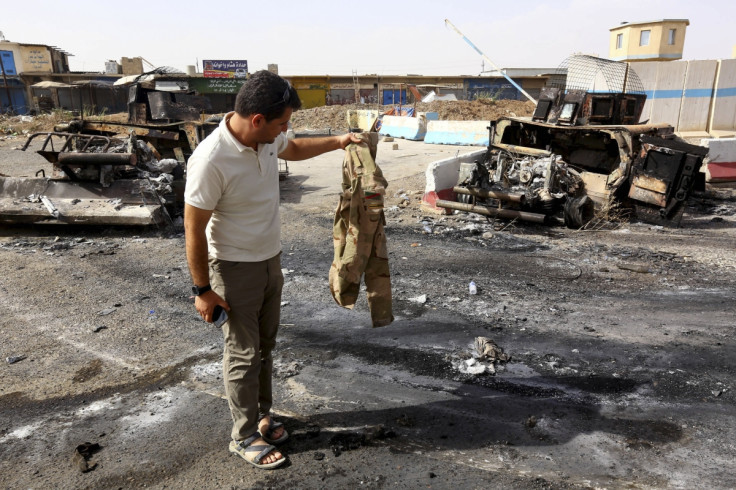Iraq Crisis: US 'Rejected Maliki's Requests for American Air Strikes'

Iraq's prime minister Nouri al-Maliki has asked the US to launch an air strike against Isis (Islamic State of Iraq and the Levant) militants but, according to reports, they have rejected any involvement.
The White House has been reluctant to offer military assistance to Iraq after president Obama withdrew the last of its forces in 2011. But as Sunni militants gained ground in the country, senior Iraqi leaders repeatedly called for the Obama administration to carry out air strike or send armed drones to hit them, according to the New York Times.
Obama has been pro-active in launching drone strikes against militants in Yemen and Pakistan but rebuffed any intervention in Iraq.
Maliki's request became more pronounced in May, when he openly asked the US to provide Iraq with the ability to operate drones.
In a phone call with vice president Joseph Biden, and subsequent written communication, Maliki hinted he was prepared to allow the US to carry out strikes in his territory.
But the administration has showed no interest in a direct American military role. "Ultimately, this is for the Iraqi security forces, and the Iraqi government to deal with," a pentagon spokesman told the New York Times.
America's withdrawal from Iraq in 2011 is cited as one of the reasons behind the current crisis. Experts have often highlighted the political nature of the conflict, suggesting that Maliki's increased authoritarian and sectarian agenda has boosted the re-emergence of the Sunni insurgency.
But American troops in Iraq could have at least provided a "stabilising factor that is now missing from Iraq", according to the New Yorker's Dexter Filkins.
Negotiations between Maliki and Obama governments about keeping a residual force of US troops in Iraq failed because of the president's widely-reported reluctance to keep American forces abroad.
If the US troops would have stayed, they could have also acted "as a restraint on Maliki's sectarian impulses, at least until the Iraqi political system was strong enough to contain him on its own," writes Filkins.
© Copyright IBTimes 2025. All rights reserved.






















